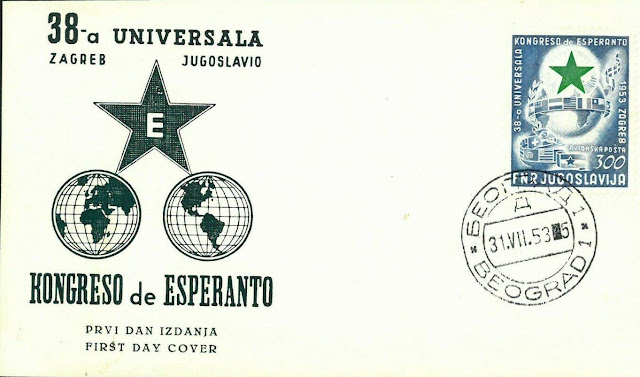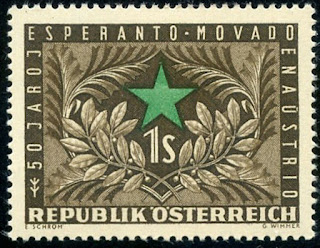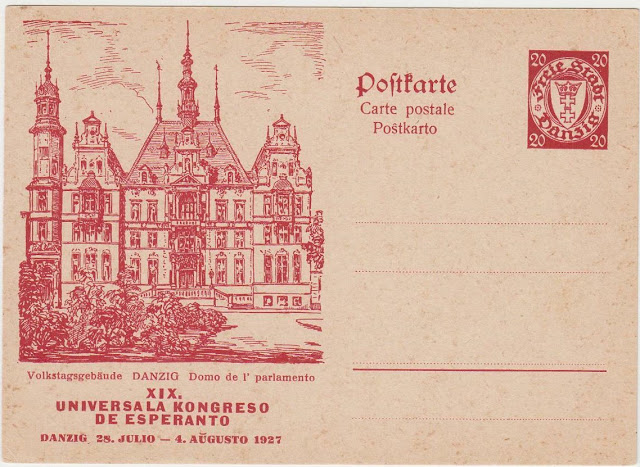1882 – Premiere of Richard Wagner's opera Parsifal at Bayreuth.
Parsifal is an opera in three acts by German composer Richard Wagner. It is loosely based on Parzival by Wolfram von Eschenbach, a 13th-century epic poem of the Arthurian knight Parzival (Percival) and his quest for the Holy Grail (12th century).
Wagner conceived the work in April 1857, but did not finish it until 25 years later. It was his last completed opera, and in composing it he took advantage of the particular acoustics of his Bayreuth Festspielhaus. Parsifal was first produced at the second Bayreuth Festival in 1882. The Bayreuth Festival maintained a monopoly on Parsifal productions until 1903, when the opera was performed at the Metropolitan Opera in New York.
Wagner described Parsifal not as an opera, but as Ein Bühnenweihfestspiel ("A Festival Play for the Consecration of the Stage"). At Bayreuth a tradition has arisen that there be no applause after the first act of the opera.
Wagner's spelling of Parsifal instead of the Parzival he had used up to 1877 is informed by one of the theories about the name Percival, according to which it is of Arabic origin, Parsi (or Parseh) Fal meaning "pure (or poor) fool"
Below is a set of German Reich stamps commemorating Richard Wagner as well as the Parsifal stamp on its own
1887 – Publication of the Unua Libro, founding the Esperanto movement.
Dr. Esperanto's International Language (Russian: Международный язык, International Language), commonly referred to as Unua Libro (First Book), is an 1887 book by L. L. Zamenhof, in which the author first introduced and described the constructed language Esperanto. First published in Russian on July 26 1887, the publication of Unua Libro marks the formal beginning of the Esperanto movement.
Writing under the pseudonym "Dr. Esperanto", Zamenhof originally referred to the language as the international language; the use of Esperanto did not arise until later in 1889 when people began to use his pseudonym as the name of the language itself. Zamenhof reproduced a significant portion of the content of Unua Libro in the 1905 Fundamento de Esperanto, which he established as the sole obligatory authority over Esperanto in the Declaration of Boulogne, ratified by the first World Esperanto Congress later that year
Some stamps commemorating Esperanto and the Esperanto world congress
1944 Died: Reza Shah, Iranian king (b. 1878)
Reza Shah Pahlavi (15 March 1878 – 26 July 1944), commonly known as Reza Shah, was the Shah of Iran from 15 December 1925 until he was forced to abdicate by the Anglo-Soviet invasion of Iran on 16 September 1941.
Two years after the 1921 Persian coup d'état, led by Zia'eddin Tabatabaee, Reza Pahlavi became Iran's prime minister. The appointment was backed by the compliant national assembly of Iran. In 1925 Reza Pahlavi was appointed as the legal monarch of Iran by decision of Iran's constituent assembly. The assembly deposed Ahmad Shah Qajar, the last Shah of the Qajar dynasty, and amended Iran’s 1906 constitution to allow selection of Reza Pahlavi. He founded the Pahlavi dynasty that lasted until overthrown in 1979 during the Iranian Revolution. Reza Shah introduced many social, economic, and political reforms during his reign, ultimately laying the foundation of the modern Iranian state.
His legacy remains controversial to this day. His defenders assert that he was an essential modernizing force for Iran (whose international prominence had sharply declined during Qajar rule), while his detractors assert that his reign was often despotic, with his failure to modernize Iran's large peasant population eventually sowing the seeds for the Iranian Revolution nearly four decades later, which ended 2,500 years of Persian monarchy. Moreover, his insistence on ethnic nationalism and cultural unitarism, along with forced detribalization and sedentarization, resulted in the suppression of several ethnic and social groups. Albeit he was himself of Mazandarani descent, his government carried out an extensive policy of Persianization trying to create a single, united and largely homogeneous nation, similar to Atatürk's policy of Turkification.
Turkish and Persian stamps depicting Reza Shah Pahlavi









